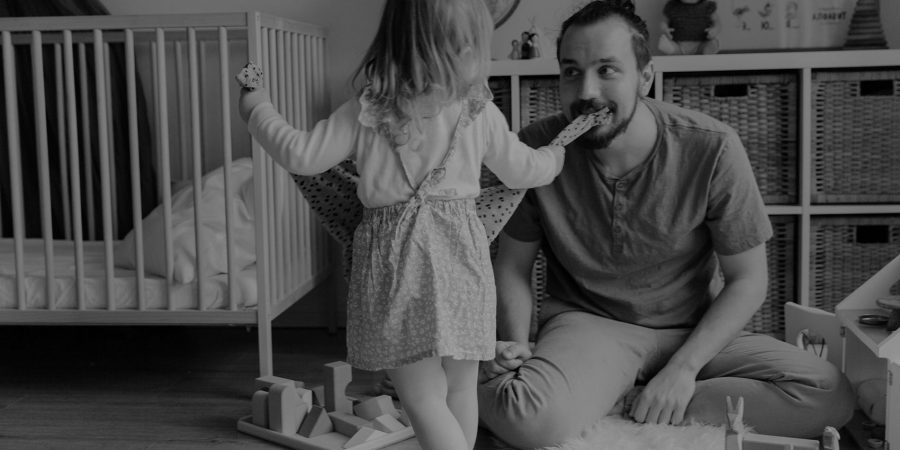When a couple decides to divorce or separate, the process becomes slightly more complex when children are involved. It is necessary for both parents to work together and communicate with each other regarding the co parenting of their children. However, if the relationship ends with a lot of anger and resentment between the couple, regularly communicating and working together to raise the children may cause conflict. This is where parallel parenting can be used as a solution for effective parenting. But, how does it differ from co parenting?
Co Parenting and Parallel Parenting
Co parenting is when you and your former partner communicate effectively and reach decisions concerning children together. Under the Family Law Act 1975, it is presumed that both parents will share equal parental responsibility and take a hands on approach when raising their children. Successful co parenting means both parents support and respect each other, and also respect the relationship the other parent has with their children.
For parents who may find it difficult to co parent and communicate with each other after separation, it is best to establish a parallel parenting arrangement. This parenting method not only minimises the interaction between the couple, but it also allows each parent to disengage from each other and focus on their individual relationships with their children. Parallel parenting is the preferred option for a parent whose ex-spouse is either a narcissist or tends to be emotionally abusive.
What Are the Key Differences to These Parenting Arrangements?
Co Parenting
- For parents who can problem-solve together and keep the best interests of the child in mind
- Children can move easily between homes
- Parents are willing to attend school functions and meetings together
- Parental interaction is polite and respectful
- Children are raised separately but equally in a healthy environment
Parallel Parenting
- Parents cannot interact with each other or problem-solve together
- Parents keep everything separate and do not attend meetings or appointments together
- Communication is kept to a bare minimum and mostly done in writing
- Parents may communicate more when making major decisions regarding health and education
- One parent may be established as the primary parent through a Parenting Plan
What Are the Advantages of Parallel Parenting?
With regards to any parenting situation, both parents must always keep their children’s best interests in mind. The key benefit of parallel parenting is that it prevents conflict in front of the children. High-conflict situations involving the parents can be emotionally and psychologically detrimental to a child.
Other benefits are:
- Both parents can create their own parenting rules
- The child can establish a healthy relationship with both parents
- It reduces stress for the entire family, including the children
- Boundaries and communication methods are clear and predictable
What Are the Disadvantages of Parallel Parenting?
As parents are able to create their own rules through parallel parenting, one major disadvantage is conflicting parenting styles. Consultation is generally not required when making decisions, and there’s a chance children varying parenting styles and opinions can confuse a child. There is also a chance that the parents may compete for time spent with their child, and focus on quantity rather than quality.
Our Tips for Creating a Successful Parallel Parenting Plan
For successful parallel parenting, we do recommend following these tips and guidelines:
- Create a specific parenting plan in the initial stages of separation that include a parenting schedule, how each child will travel to and from each parent, and how to handle parent cancellations. By discussing these circumstances from the get-go, both parents will be able to limit their direct communication with each other.
- Keep any interactions professional, unemotional, and avoid personal conversations. Any conversation should be relevant to the children.
- Avoid communicating with the other parent through the children.
- Foresee any issues and disputes and plan ahead. Both parents may wish to appoint a mediator or a neutral third party to deal with conflict and even important decisions related to education and health.
Speak to a Family Lawyer About Parallel Parenting and Organising a Parenting Plan
A parallel parenting arrangement can protect your children from parental disputes and hostility. Despite it encouraging disconnect and separateness, it does provide both parents the opportunity to work through any hurt or anger, and hopefully, develop a co parenting arrangement. If you wish to speak to a family lawyer about creating a parenting plan under a parallel parenting arrangement, please get in touch with our team at Emerson Family Law. We are also experienced in mediation and can assist both parties with reaching important decisions regarding their children.



